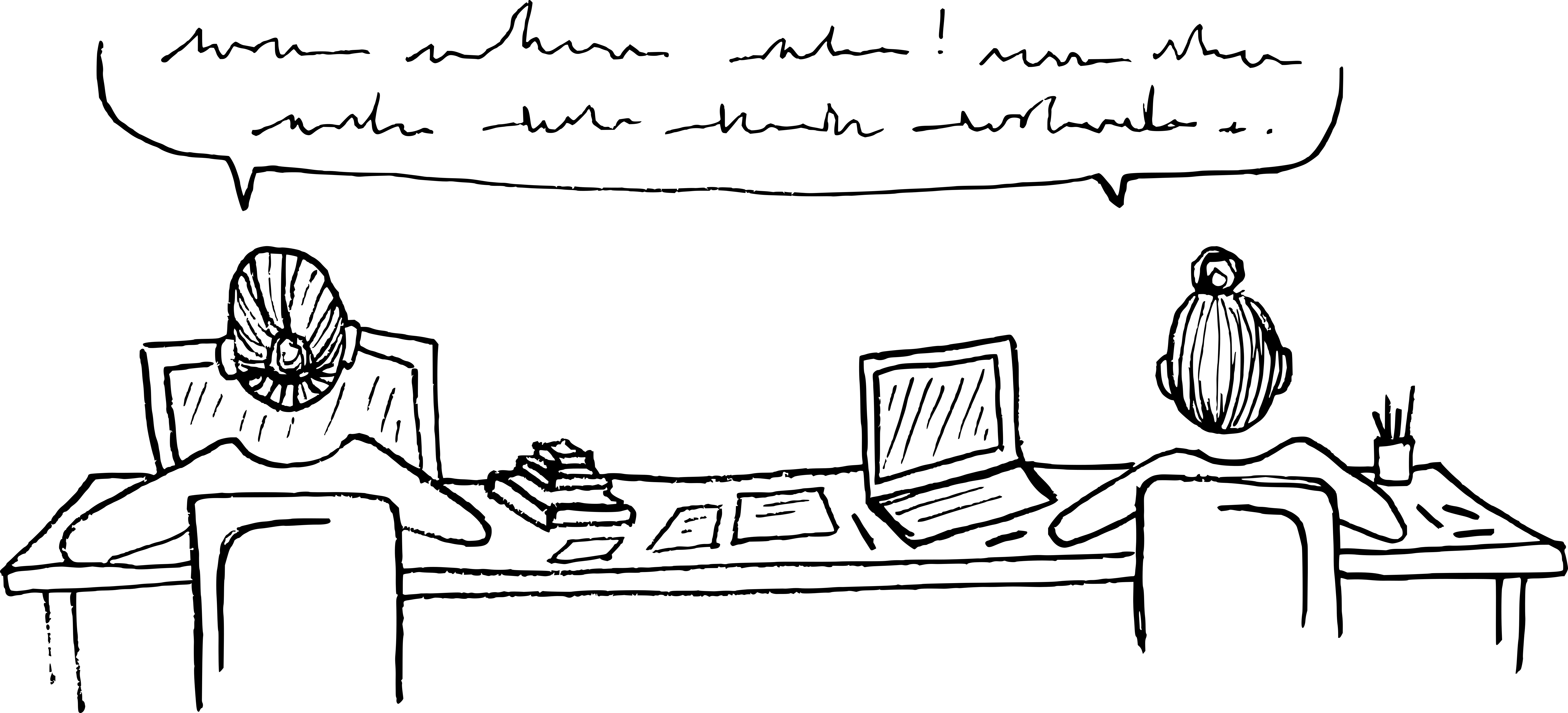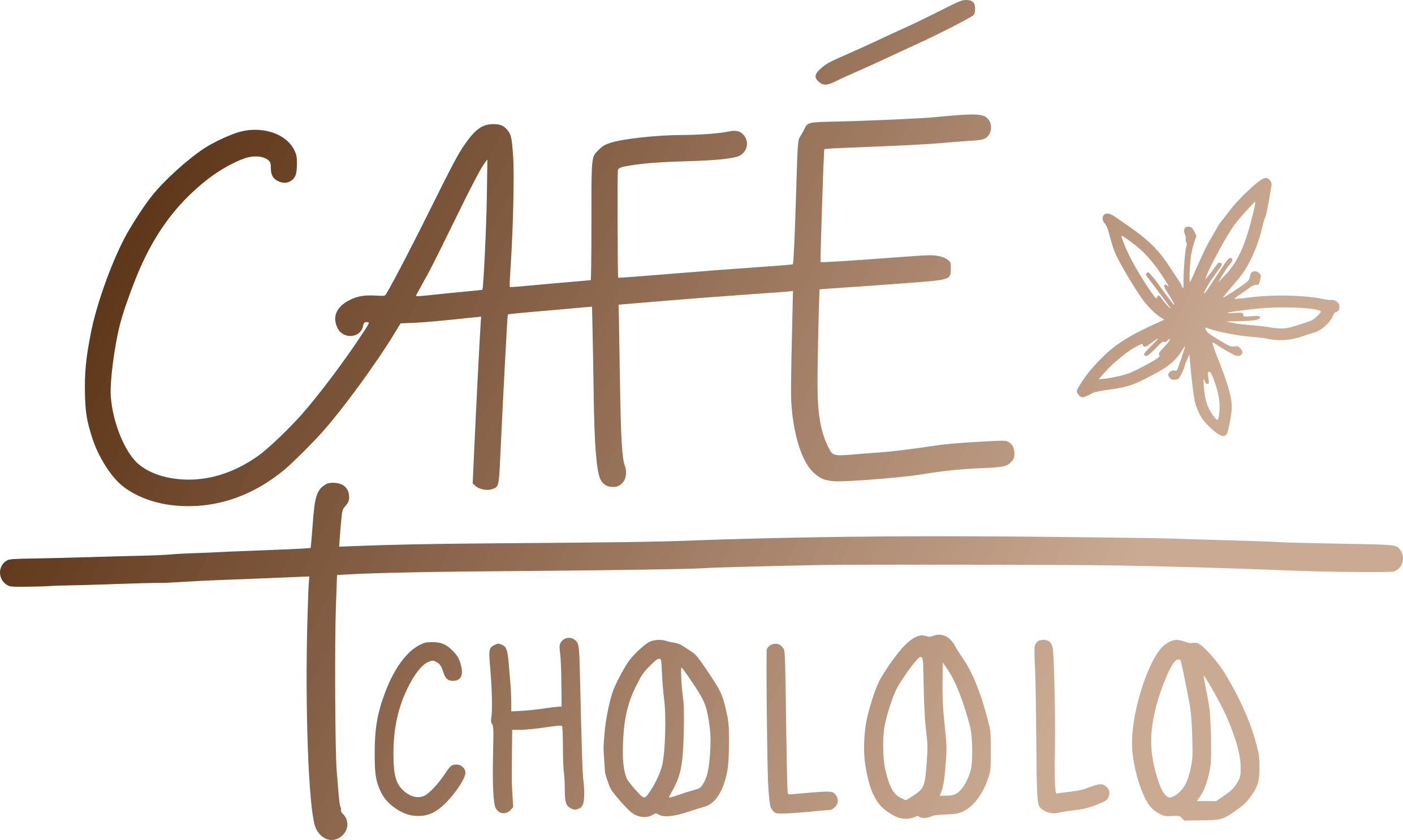ABOUT CAFÉ TCHOLOLO
Influenced by encounters around the world, it was in the heart of a Creole garden that the idea of naming our project "café tchololo" was born: a cross between passion for the plants and love for the people who make them grow. The use of this endangered vernacular term promotes the richness of the cultures and traditions specific to each inhabitant of the world.
En créole guadeloupéen, tchòlòlò signifie “café repassé” et désigne le café obtenu avec le marc d’un café déjà servi, il est donc très clair et dépourvu de goût. Il peut s’agir de la boisson que l’on sert aux enfants ou de celle qui est servie lorsqu‘il n’y a plus assez de café.
“Sa ki lévé bònè Ké ni bon kafé, Sa ki lévé ta Ké ni tchòlòlò.”
An early riser gets good coffee, a late riser drinks "sock juice".
The early bird catches the worm.
For us, this echoes the drink that coffee growers are generally condemned to consume. Indeed, they export quality beans. They only drink the leftovers, that is to say beans with major defects. It's also a nod to our parents, who couldn't understand why we drank coffee that was "too clear, looking like tea...". After tasting, they did not want to go back to the coffee they used to drink.
Beans from the same coffee plant, depending on the care taken, can provide a café tchòlòlò or an excellent coffee. That is the key role of coffee-growing and the post-harvest treatment of coffee beans, and another reason to discover the fantastic work of coffee growers!
In some Spanish-speaking areas, Chololo refers to a person you can trust, like us!
ABOUT THE AUTHORS
Originally from Angers, France, a city of art and history with a flamboyant nature, we were born in the 1990s. Our curiosity, our interest in human beings and our desire to discover civilizations and agricultural techniques united us around the beginnings of this project. The desire to make our knowledge accessible decided on the present form.

After studying business and selling fair trade coffee, Paulin went to work on the land for an entire production cycle. He then learned about roasting and making beverages. At the same time, he wrote and published articles. He initiated a knowledge transfer project in Africa during the pandemic period. Since then, he has alternated between the writing phases of this project and adventures in producing countries.

A cook by trade, Capucine is now a self-taught illustrator and editor. Her thirst for learning has enabled her to master the software used to edit the books. She has made the texts pleasant to read and structured the work as a whole to give it meaning. Fond of quality products, she prepares delicious coffees for the team's long working days.
Your message has been sent

